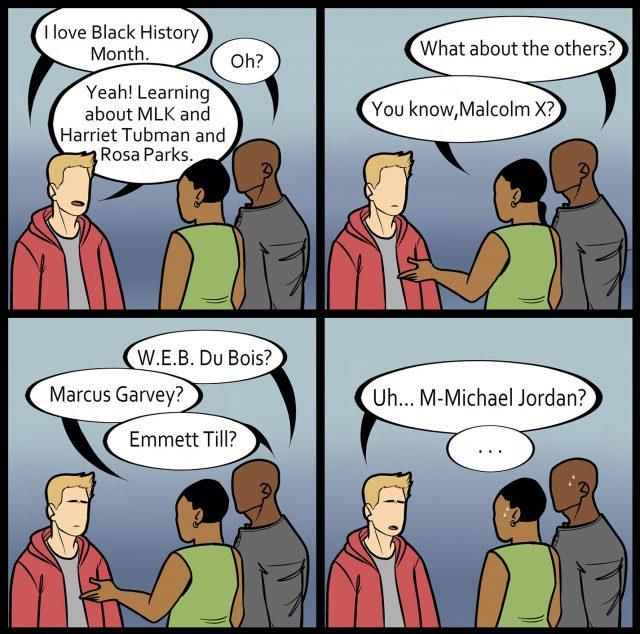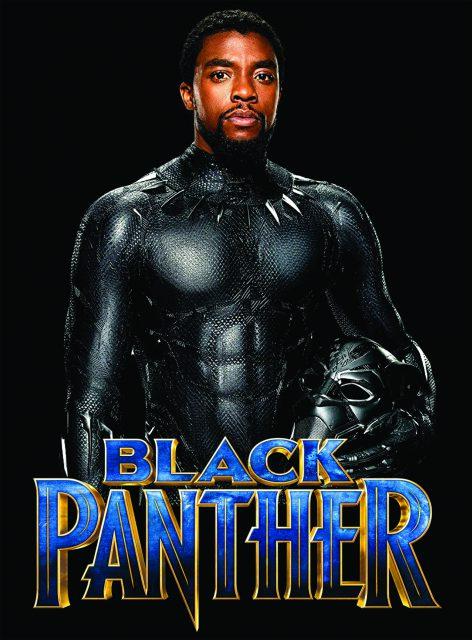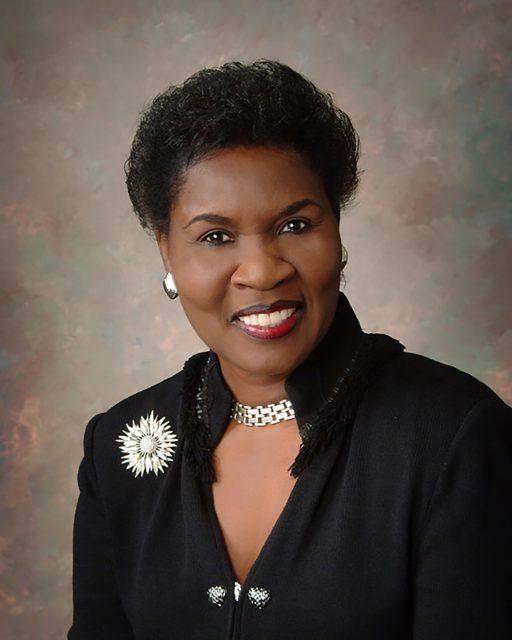When people think of Black History Month, or African-American Heritage Month, they usually think of learning about civil rights leaders such as Martin Luther King Jr. marching for equality, Rosa Parks refusing to give up her seat on that bus or Barack Obama becoming the first black president.
But as the month comes to an end, do people know the importance of the annual event?
Writer and historian Carter G. Woodson, also known as the “father of black history,” felt historians in the 1920s painted a narrative that blacks’ contributions to American history were barely noticeable or mundane at best. So he decided, along with educator Jesse Moorland, to create the Association for the Study of Negro Life and History (now known as the Association for the Study of African American Life and History) in 1915.
“If a race has no history, if it has no worthwhile tradition, it becomes a negligible factor in the thought of the world, and it stands in danger of being exterminated,” Woodson said at the time the group was created.
The association’s focus is to preserve black history and celebrate the accomplishments of African-Americans. The second week in February was selected as the time to mark the holiday because Frederick Douglass and Abraham Lincoln’s birthdays were that week.
Originally, the organization started “Negro History Week” to make sure schools studied the contributions of blacks in history.
According to the ASALH, the teachings of black history spread throughout black schools, and the black middle class in the U.S., but Black History Month didn’t come into play until decades later.
In 1976, President Gerald Ford declared Black History Month a national observance.
“In celebrating Black History Month, we can seize the opportunity to honor the too-often neglected accomplishments of black Americans in every area of endeavor throughout our history,” Ford said.
Why isn’t black history considered just American history and taught throughout the year in schools? Because students are already not learning enough, or worse, learning inaccuracies.
In grade schools across America, students will be told black history starts at slavery, that the Civil War was about taxation and states’ rights, or that President Abraham Lincoln declared war to free slaves.
Those are all lies.
Then students will move on to maybe Harriet Tubman or Madam C.J. Walker and then the Civil Rights era, which praises Martin Luther King Jr. but mysteriously omits Malcolm X’s storied fight for human rights.
Black history is so much more than our go-to safe figures and eras. Nat Turner’s slave revolt is an important event in black history.
So is Bass Reeves freeing himself from slavery to become one of the most revered lawmen in history.
Two men with different ideologies named Marcus Garvey and W.E.B Du Bois fought for the hearts and minds of their people to educate them. Countless black lives were lost in the Rosewood massacre in 1923, and a terrorist attack on a black section of Tulsa, Oklahoma, became known as “Black Wall Street” because of its success.
A teenager from Chicago named Emmett Till visited his relatives in Money, Mississippi, in 1955, only to be dragged from his family home by two men. He was brutalized beyond recognition, shot, then tied to weights before being tossed in the river, all because Till was accused of whistling at a white woman, which was not true.
This is why not only black history but all history for people in our melting pot we call America must be told and preserved to develop empathy for our fellow humans and to gain knowledge about our community.
Because if people possess knowledge, then they will have power.
As George Santayana said, “Those who cannot learn from history are doomed to repeat it.”





































